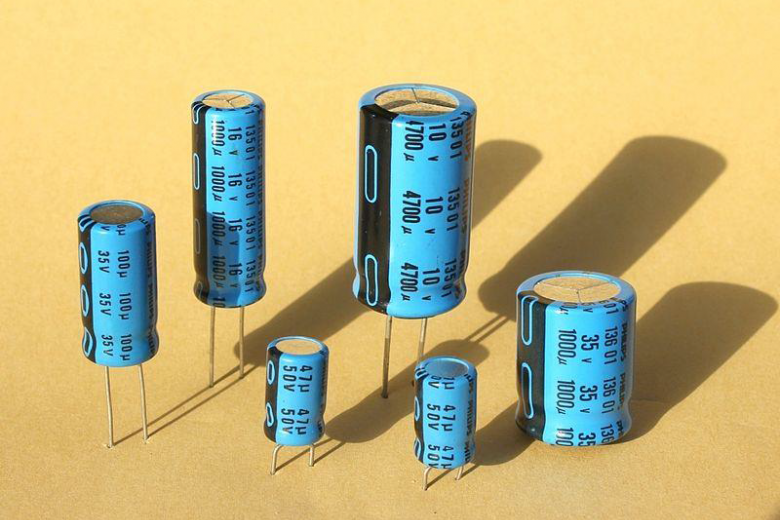Four electronics manufacturers fined record $19.5 million for price fixing
Sign up now: Get ST's newsletters delivered to your inbox

The five firms were found to have discussed and agreed on the prices of aluminum electronic capacitors sold in South-east Asia.
PHOTO: CCS
Derek Wong
Follow topic:
SINGAPORE - Four electronics firms were fined a record total of $19.5 million by the Competition Commission of Singapore (CCS) yesterday for fixing the price of electrical components.
Along with Panasonic, which escaped the fine, they held more than two-thirds of the market share for aluminium electrolytic capacitors (AECs), which are used in computers and home appliances.
All five businesses had discussed and agreed on the prices of AECS sold in South-east Asian countries, including Singapore. They were found to have engaged in price fixing for more than a decade.
The five firms are Panasonic Industrial Devices Singapore and Panasonic Industrial Devices Malaysia, Rubycon Singapore, Singapore Chemi-con (SCC), Nichicon (Singapore), and ELNA Electronics (S). SCC was fined $6,993,805; Nichicon, $6,987,262; Rubycon, $4,718,170; and ELNA, $853,227.
Panasonic was not fined as it had applied for immunity under CCS' leniency programme, which incentivises cartel members to report such activity for lower fines. All parties except Nichicon had their fines reduced after applying for leniency.
The cartel activity started in 1997, when senior-level employees of the companies attended meetings in Singapore on an almost monthly basis until 2013. But Panasonic and ELNA stopped attending them from February 2009.
The long infringement period and the high turnover of the firms led to the hefty fines.
The CCS said their combined turnover for AEC sales in Singapore - in the year before each company's infringements ended - was $60 million to $70 million. The CCS began its probe in May 2014 after Panasonic applied for immunity in October 2013.
Investigations showed the firms had met to agree and exchange information on price increases for AECs between 2006 and 2008, among other things.
There were also meetings of a similar nature held in Japan by some of the firms' Japanese parent companies.
CCS evidence showed discussions on price rises of between 3 and 20 per cent. The firms also agreed to resist price reduction requests from customers "to refrain from competing with each other for a war of attrition with absurd price reduction".
The companies were found to have infringed section 34 of the Competition Act.
CCS chief executive Toh Han Li said: "Cartels among suppliers cause serious harm to competition in the market, leaving businesses and end-consumers in a poorer bargaining position and facing less competitive prices."
The four firms have two months to pay the fines, pending appeals. Rubycon, Nichicon and ELNA are being investigated in the United States for fixing prices of capacitors.
ELNA Electronics (S), Rubycon Singapore and SCC declined to comment. Nichicon (Singapore) could not be reached.
Panasonic said it made a leniency application after an internal investigation. The firm was not able to answer why it withdrew from the cartel in 2009.
A local agent for one of the firms said that as a result of the cartel behaviour ending in 2013, prices for the capacitors have gone down by about 10 per cent.

